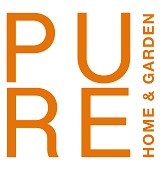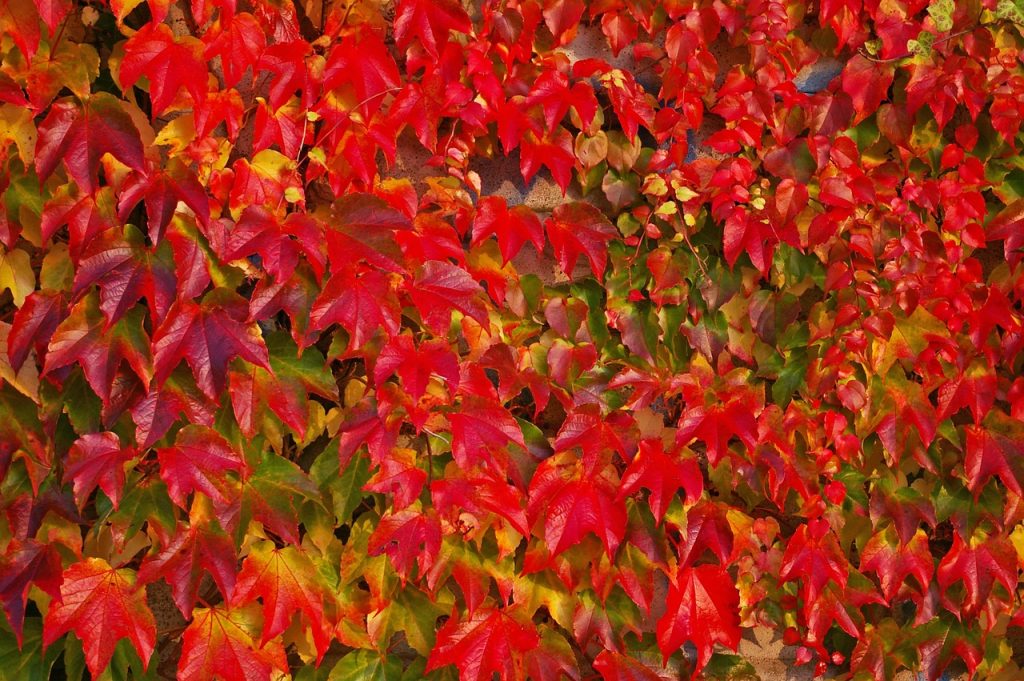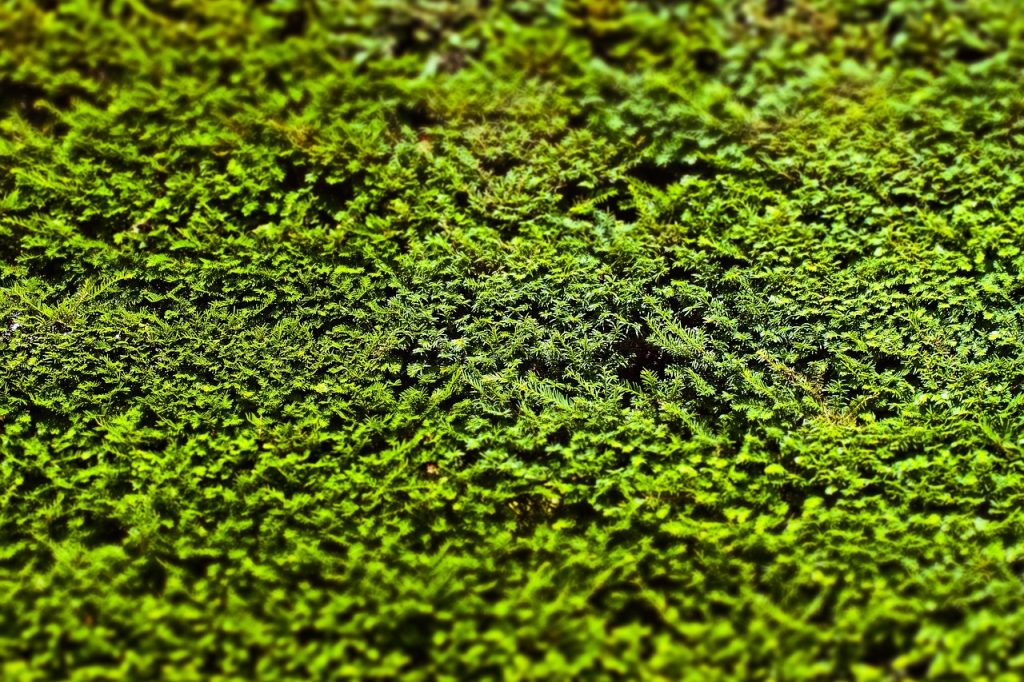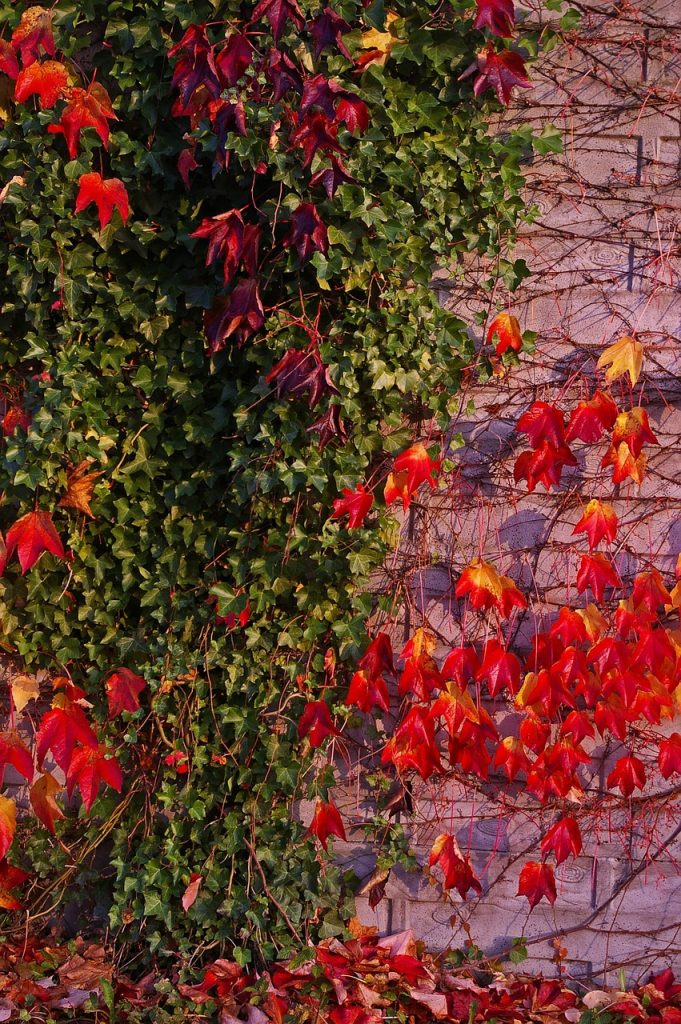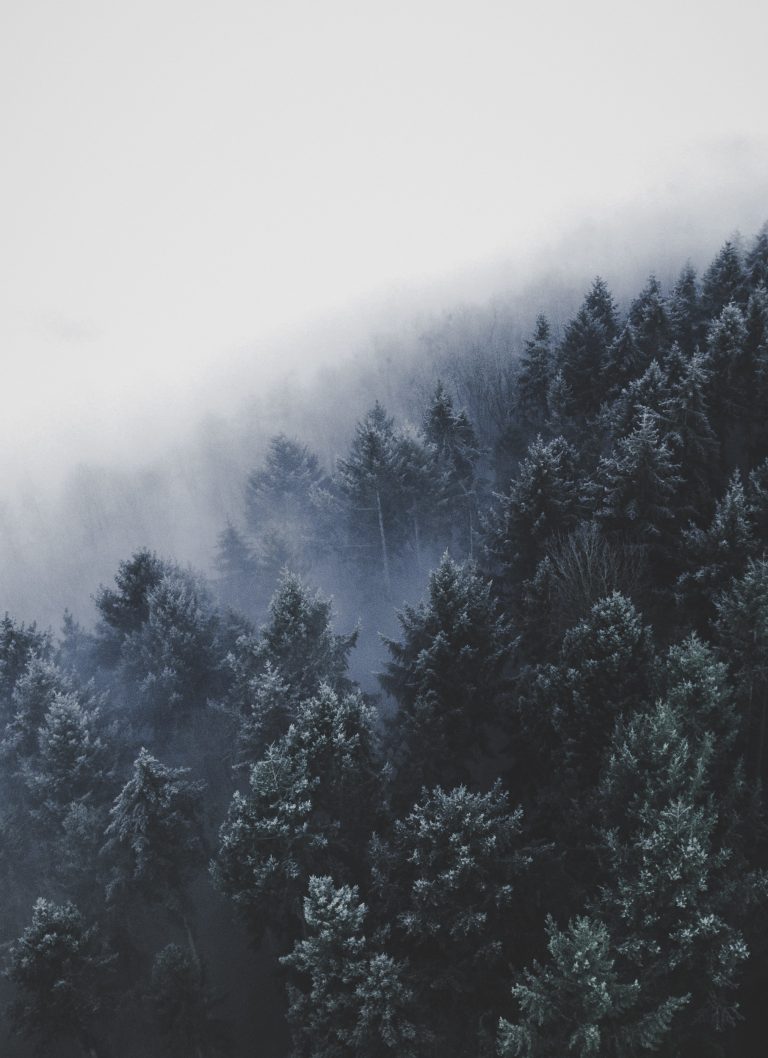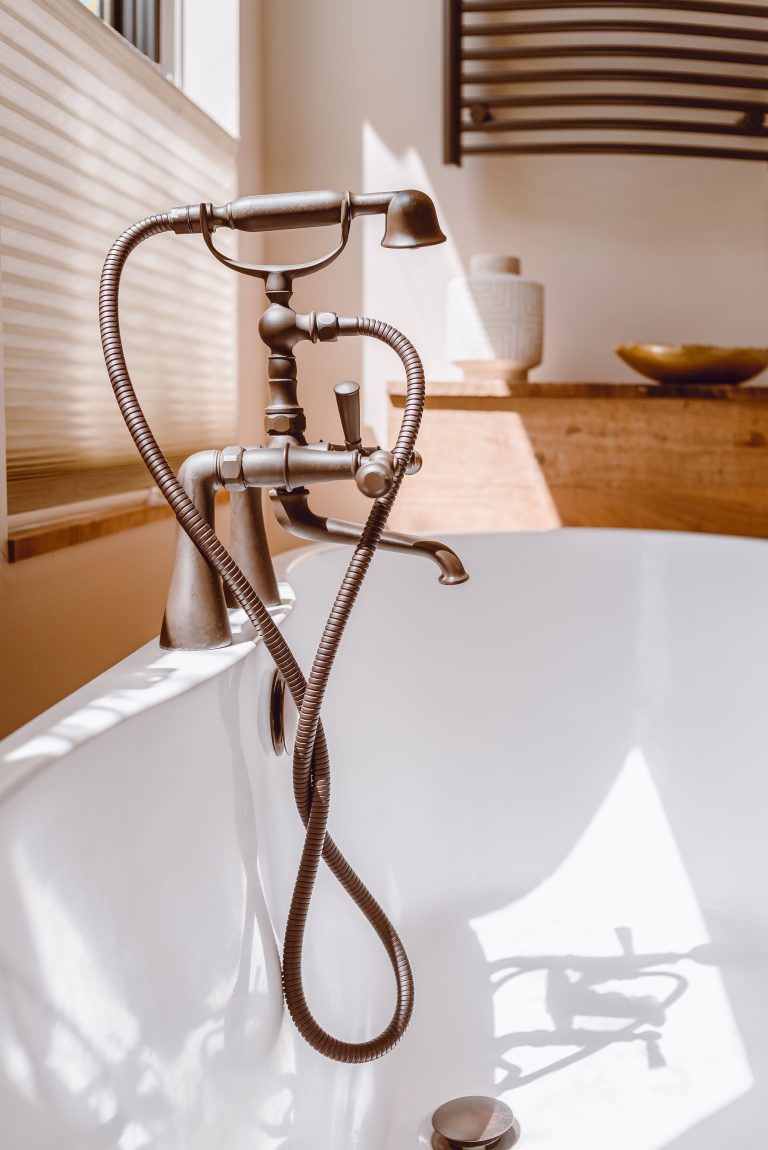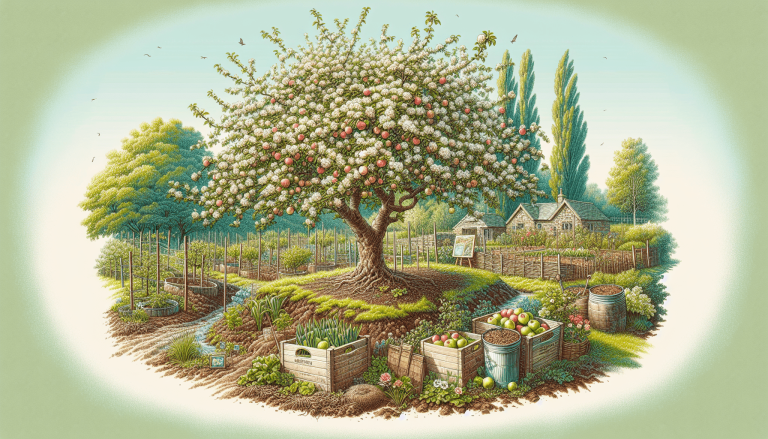Are you looking to add some privacy to your outdoor space in the UK? Well, you’re in luck! In this article, we will explore the best plants that can help create a beautiful and effective privacy screen for your garden. From evergreen shrubs to fast-growing climbers, there are plenty of options to choose from. So, get ready to transform your outdoor oasis into a private sanctuary with these incredible plant choices.
Table of Contents
ToggleEvergreen Plants
Evergreen plants are a popular choice for creating a privacy screen in the UK due to their ability to retain their leaves and provide year-round coverage. They offer a sense of seclusion and can act as a barrier against noise and prying eyes. Here are some noteworthy evergreen plants that can transform your outdoor space into a private sanctuary.
Laurel
Laurel, with its dense foliage, is an excellent choice for a privacy screen. The glossy, dark green leaves create a lush and vibrant backdrop that can be enjoyed throughout the year. The Cherry Laurel (Prunus laurocerasus) and the Portuguese Laurel (Prunus lusitanica) are commonly used varieties in the UK. These plants are fast-growing, low-maintenance, and can tolerate a variety of soil conditions.
Boxwood
Boxwood (Buxus) is a classic option for creating hedges and privacy screens. Its evergreen nature and dense, compact growth make it ideal for defining boundaries and creating a sense of intimacy in your outdoor space. Boxwood can be trimmed into various shapes, allowing for creative and personalized designs. Additionally, it can tolerate both sun and shade, making it versatile for different garden settings.
Holly
Holly (Ilex) is a traditional evergreen plant that adds a touch of elegance and charm to any garden. Known for its glossy green leaves and iconic red berries during the winter months, holly can provide visual interest and privacy all year round. There are many different varieties of holly available, including dwarf options that are suitable for smaller spaces. Keep in mind that holly plants require both male and female specimens to produce berries.
Yew
Yew (Taxus) is a versatile evergreen tree that can be used to create dense and durable privacy screens. With its dark green needles and reddish-brown bark, yew trees add texture and visual appeal to any garden. They are slow-growing but can eventually reach impressive heights, providing substantial privacy. Yew trees are also well-suited for topiary and can be shaped into various forms to add a touch of artistry to your outdoor space.
Bamboo
Bamboo is a unique and visually striking plant that can be an excellent choice for creating privacy screens. Its tall and slender growth habit allows for effective screening, particularly in urban areas where space is limited. Bamboo offers a contemporary and exotic look to your garden, and it can quickly create a natural privacy screen due to its fast growth rate. However, it’s important to choose clumping bamboo varieties rather than invasive ones to prevent any potential spread.
Deciduous Plants
Deciduous plants, which shed their leaves in the winter, can also be used to create privacy screens in the UK. While they may not provide year-round coverage like evergreen plants, their seasonal changes can bring a vibrant touch to your outdoor space. Here are some notable deciduous plants to consider.
Hornbeam
Hornbeam (Carpinus) is a popular choice for creating hedges and privacy screens. Its elegant, serrated leaves turn a beautiful golden hue in autumn before falling, contributing to a stunning display of seasonal colors. Hornbeam hedges are known for their dense growth, making them effective barriers against noise and unwanted views. They are also relatively low-maintenance and respond well to pruning.
Beech
Beech (Fagus) is another excellent deciduous option for privacy screens. It is prized for its smooth, grey bark and vibrant foliage, which displays an array of colors throughout the year. In spring, the leaves emerge as a fresh, vibrant green, transitioning to lush shades of bronze and gold in the autumn. Beech hedges provide an attractive, natural look and can be trimmed to maintain their desired height and shape.
Hawthorn
Hawthorn (Crataegus) is a native British tree that offers both privacy and wildlife benefits. Its springtime blossoms attract pollinators, while its dense foliage provides a year-round privacy screen. Hawthorn hedges are known for their resilience and ability to withstand harsh winds, making them a popular choice for exposed locations. These hedges require regular pruning to keep them dense and compact.
Privet
Privet (Ligustrum) is a fast-growing deciduous shrub that is commonly used for creating hedges. Its dark green leaves and white flowers add visual interest and can create an effective privacy screen in a relatively short amount of time. Privet hedges respond well to regular pruning and can be easily shaped to suit your desired aesthetic. It is important to note that privet can cause allergic reactions for some people, so caution should be exercised when planting it.
Cypress
Cypress (Cupressus) is a versatile evergreen conifer with both deciduous and coniferous species. The Leyland cypress is a popular choice for creating privacy screens due to its rapid growth and dense foliage. It can quickly reach considerable heights, offering a natural barrier against noise and unwanted views. Cypress hedges require regular pruning to maintain their shape and density.
Trees for Privacy
If you’re looking to create privacy with tall plants that can reach impressive heights, trees can be an excellent option. Not only do they provide privacy, but they also add shade, habitat for birds, and visual interest to your outdoor space. Here are some tree varieties known for their privacy-screening capabilities.
Italian Cypress
Italian Cypress (Cupressus sempervirens) is a slim and elegant evergreen tree that is commonly used for privacy screens. Its narrow, columnar shape can reach heights of up to 60 feet, making it an effective option for adding vertical privacy. Italian Cypress trees are generally low-maintenance and drought-tolerant, making them a suitable choice for the UK climate. They are often planted in rows to create a striking visual effect.
Cherry Laurel
Cherry Laurel (Prunus laurocerasus) is a versatile evergreen tree that can also be used as a hedge plant for privacy screening. It has glossy, dark green leaves and can reach heights of up to 30 feet. Cherry Laurel is known for its dense growth and can create a reliable barrier against noise and unwanted views. It is important to note that the leaves of the Cherry Laurel are toxic if ingested, so caution should be taken if you have pets or small children.
Magnolia
Magnolia trees (Magnolia) are renowned for their stunning blooms and can also provide privacy in your outdoor space. They come in a variety of species and sizes, with some reaching heights of up to 80 feet. Magnolia trees feature large, fragrant flowers that add beauty and elegance to any landscape. When strategically planted, they can create pockets of privacy and add a touch of romance to your garden.
Silver Birch
Silver Birch (Betula pendula) is a graceful deciduous tree that can be used to create a natural privacy screen. Its distinctive white bark and delicate leaves make it an attractive addition to any garden. While not as dense as some other tree species, Silver Birch trees can still provide effective privacy when planted in groups or rows. They also offer visual interest and create a gentle rustling sound in the wind.
Horse Chestnut
The Horse Chestnut tree (Aesculus hippocastanum) is a grand and majestic tree that can serve as both a visual and privacy statement. Its large, showy flowers and impressive size make it a focal point in any landscape. Horse Chestnut trees can grow up to 100 feet tall and have a wide canopy, providing ample shade and privacy. These trees also produce the iconic conkers and can be a delight for children.
Climbing Plants
Climbing plants offer a unique and versatile way to create privacy screens in the UK. By utilizing fences, trellises, or other structures, you can train climbing plants to grow vertically and provide effective coverage. Here are some popular climbing plants that can transform your outdoor space into a private oasis.
Clematis
Clematis is a diverse and beautiful group of climbing plants that can add color and privacy to your garden. With their vibrant flowers in various shapes and sizes, they create a stunning visual display. There are numerous clematis varieties available, each with its own growth habits and flowering times, allowing for year-round interest. Clematis plants are typically low maintenance and can be trained to climb up walls, fences, or trellises.
Trachelospermum Jasminoides
Trachelospermum Jasminoides, commonly known as Star Jasmine, is a versatile and fragrant climber that can provide privacy and beauty in your outdoor space. The glossy, dark green leaves and clusters of star-shaped white flowers create a lush and aromatic display. Trachelospermum Jasminoides is relatively easy to grow and can tolerate a variety of soil and light conditions. It can be trained to climb up walls or trellises, creating a fragrant and private retreat.
Passionflower
Passionflower (Passiflora) is a striking and exotic climbing plant that adds a touch of drama to any garden. Its intricate flowers and lush foliage create a mesmerizing display that attracts both humans and pollinators alike. Passionflower vines can climb fences and walls, creating a stunning and private vertical garden. These plants prefer full sun and fertile, well-drained soil.
Ivy
Ivy (Hedera) is a classic and widely recognized climbing plant that can quickly create a dense and verdant privacy screen. Ivy is known for its ability to cling to various surfaces, making it an excellent choice for covering walls, fences, and unsightly structures. It comes in different varieties, including English Ivy and Irish Ivy, each with its own growth habits and leaf patterns. Ivy is low-maintenance and can thrive in both sun and shade.
Honeysuckle
Honeysuckle (Lonicera) is a fragrant and fast-growing climbing plant that can add beauty and privacy to your outdoor space. Its sweet-smelling flowers and vibrant foliage make it a favorite among gardeners. Honeysuckle vines can be trained to climb fences, walls, or trellises, providing an enchanting and private retreat. These plants thrive in full sun or partial shade and prefer well-drained soil.
Flowering Shrubs
Flowering shrubs offer a delightful blend of privacy and beauty, with their colorful blooms and lush foliage. They can be used to create natural borders or as standalone features in your garden. Here are some flowering shrubs that can enhance your outdoor space while providing privacy.
Rhododendron
Rhododendrons are renowned for their vibrant and showy flowers, making them popular choices for privacy screens. With a wide variety of species available, you can choose from an array of colors and sizes to suit your garden’s aesthetic. Rhododendrons typically flower in spring and early summer, creating a visual spectacle that is sure to impress. These shrubs prefer acidic soil and partial shade, making them well-suited for many regions of the UK.
Forsythia
Forsythia is a deciduous shrub that provides a burst of color in early spring with its vivid yellow flowers. Its vibrant and cheerful display can create an eye-catching privacy screen. Forsythia shrubs are fast-growing and can reach heights of up to 8 feet, allowing for effective coverage. They prefer well-drained soil and full sun, making them suitable for various garden settings.
Rose of Sharon
Rose of Sharon (Hibiscus syriacus) is a hardy and versatile flowering shrub that can create a stunning privacy screen. With its large, showy flowers in shades of white, pink, or purple, Rose of Sharon adds elegance and beauty to any garden. These shrubs are low-maintenance and can tolerate a wide range of soil conditions. They bloom in late summer and early fall, extending the flowering season and providing privacy when other plants have finished blooming.
Mock Orange
Mock Orange (Philadelphus) is a fragrant and attractive shrub that can serve as a natural privacy screen. Its white, citrus-scented flowers create a joyful and refreshing ambiance in your garden. Mock Orange shrubs are easy to grow and maintain, making them an excellent choice for beginner gardeners. They prefer full sun to partial shade and well-drained soil.
Lilac
Lilacs (Syringa) are beloved for their delightful fragrance and colorful blooms. These shrubs offer both privacy and beauty with their clusters of fragrant flowers in shades of purple, pink, or white. Lilacs bloom in spring and are known for their resilience and cold hardiness. They can be pruned to the desired shape and size, making them suitable for privacy screens of different heights.
Grasses and Bamboos
Grasses and bamboos provide a unique and contemporary option for creating privacy screens. With their architectural forms and graceful movements, they can add an element of drama to your garden. Here are some noteworthy grasses and bamboos that can enhance privacy while offering an aesthetically pleasing landscape.
Feather Reed Grass
Feather Reed Grass (Calamagrostis x acutiflora) is a popular ornamental grass that can create a stylish and effective privacy screen. Its upright growth habit, feathery plumes, and rich green foliage make it a visually appealing choice. Feather Reed Grass is versatile and can adapt to various soil and light conditions. It prefers full sun to partial shade and well-drained soil.
Pampas Grass
Pampas Grass (Cortaderia selloana) is known for its tall plumes and dramatic presence in the garden. It can be used to create a stunning privacy screen, particularly in larger outdoor spaces. Pampas Grass requires ample space as its plumes can reach heights of up to 10 feet. These grasses prefer full sun and well-drained soil.
Miscanthus
Miscanthus is a versatile group of ornamental grasses that can be used to create privacy screens of different heights and textures. With their graceful arching forms and striking plumes, Miscanthus grasses add movement and visual interest to any garden. They come in various species and sizes, allowing for personalized privacy screens. Miscanthus grasses prefer full sun and well-drained soil.
Switchgrass
Switchgrass (Panicum virgatum) is a native grass that provides an excellent option for privacy screens. Its tall and upright growth habit, along with its colorful foliage in shades of green, blue, or red, makes it an attractive addition to any landscape. Switchgrass is low-maintenance and can tolerate a variety of soil conditions. It prefers full sun and can reach heights of up to 6 feet.
Black Bamboo
Black Bamboo (Phyllostachys nigra) is a visually striking and fast-growing bamboo that can create a unique privacy screen. With its distinctive black stems and lush foliage, Black Bamboo adds a touch of elegance to any garden. This bamboo variety is clumping, which means it won’t spread aggressively like some other bamboo species. However, it is important to keep it contained to prevent any potential invasiveness.
Hedges
Hedges are a classic and versatile option for creating privacy screens in the UK. They not only offer seclusion but also act as windbreaks and noise barriers. Here are some popular hedge plants that can be used to create an effective and aesthetically pleasing privacy screen.
Thuja
Thuja, also known as arborvitae or cedar, is a popular choice for creating hedges due to its dense foliage and narrow growth habit. It offers year-round coverage and can provide privacy at various heights. Thuja hedges are relatively low-maintenance and respond well to regular pruning. They prefer full sun to partial shade and well-drained soil.
Leylandii
Leylandii (x Cupressocyparis leylandii) is a fast-growing evergreen conifer that can establish a privacy screen in a relatively short amount of time. It features dense foliage and can reach impressive heights, making it an effective barrier against noise and unwanted views. Leylandii hedges require regular pruning to maintain their shape and density.
Berberis
Berberis, commonly known as barberry, is a versatile hedge plant that offers both privacy and decorative elements. With its colorful foliage and thorny branches, it can create an effective barrier while adding visual interest to your garden. Berberis hedges are relatively low-maintenance and can tolerate a variety of soil conditions. They prefer full sun to partial shade.
Escallonia
Escallonia is an evergreen shrub that can be used to create a beautiful and natural privacy screen. With its glossy leaves and clusters of colorful flowers, it adds vibrancy and charm to any garden setting. Escallonia hedges are low-maintenance and can tolerate coastal conditions. They prefer full sun to partial shade and well-drained soil.
Photinia
Photinia, specifically Photinia x fraseri ‘Red Robin,’ is a popular choice for creating a striking and colorful hedge. Its new growth foliage emerges as a vibrant red before maturing to glossy green. This provides a visual spectacle and adds interest to your garden while creating privacy. Photinia hedges prefer full sun to partial shade and well-drained soil.
Fruit Trees
Fruit trees not only provide delicious harvests but can also double as privacy screens in your garden. They offer multiple benefits, including privacy, shade, and beauty. Here are some fruit tree varieties that can serve as both functional and visually appealing privacy screens.
Apple
Apple trees (Malus domestica) can be trained to grow against a fence or wall, effectively creating a natural privacy screen. They offer the added bonus of producing fresh, juicy apples that you can enjoy. Apple trees come in various sizes and varieties, so you can choose one that suits your garden’s space and aesthetic. They prefer full sun and well-drained soil.
Pear
Pear trees (Pyrus) can also be trained to act as a privacy screen while providing you with a bountiful harvest. With their beautiful blossoms in spring and tasty fruits in late summer or early autumn, pear trees offer a delightful combination of visual appeal and functionality. Pear trees prefer full sun and well-drained soil.
Plum
Plum trees (Prunus) are an excellent choice for creating a privacy screen, particularly when planted in rows or clusters. The blossoms in spring and the colorful fruits in summer make plum trees a visual delight. They can also attract pollinators to your garden. Plum trees prefer full sun and well-drained soil, and they require regular pruning to maintain their shape and size.
Cherry
Cherry trees (Prunus avium or Prunus cerasus) can offer both privacy and a delicious harvest. With their beautiful cherry blossoms in spring and the sweet cherries in summer, these trees provide a stunning display throughout the year. Cherry trees come in various sizes, so you can choose the right one for your garden. They prefer full sun and well-drained soil.
Damson
Damson trees (Prunus domestica subsp. insititia) are a less common but equally appealing option for privacy screens. These compact fruit trees provide beautiful blossoms in spring and smaller, tangy plums in late summer or early fall. Damson trees are relatively low-maintenance and can tolerate a range of soil conditions. They prefer full sun and well-drained soil.
Bog Plants
If you have a boggy or waterlogged area in your garden, consider using bog plants to create a unique and attractive privacy screen. These plants are well-suited to wet soil conditions and can thrive in areas with high moisture content. Here are some noteworthy bog plants that can add privacy to your outdoor space.
Bog Rosemary
Bog Rosemary (Andromeda polifolia) is a small, evergreen shrub that thrives in boggy conditions. Its delicate leaves and clusters of pink or white flowers create a beautiful display throughout the year. Bog Rosemary prefers acidic soil and partial shade.
Marsh Marigold
Marsh Marigold (Caltha palustris) is a cheerful and vibrant plant that can add privacy and color to your garden. Its bright yellow flowers bloom in spring and create a striking contrast against its dark green foliage. Marsh Marigold thrives in wet soil and can tolerate partial shade.
Creeping Jenny
Creeping Jenny (Lysimachia nummularia) is a fast-spreading perennial that can create a lush and verdant privacy screen in boggy areas. Its trailing stems and rounded leaves form a dense mat that effectively covers the ground. Creeping Jenny prefers moist to wet soil and can tolerate partial shade.
Bogbean
Bogbean (Menyanthes trifoliata) is a unique and eye-catching plant that thrives in wetland habitats. Its delicate white or pink flowers and clover-like leaves create a charming and interesting display. Bogbean prefers acidic soil and partial shade.
Skunk Cabbage
Skunk Cabbage (Lysichiton americanus) is an unusual but striking plant that can add intrigue to your garden privacy screen. Its large, bright yellow flowers and large, coarsely textured leaves make a bold statement. Skunk Cabbage prefers wet soil and partial shade.
Trellis and Screens
Trellises and screens offer a versatile and visually appealing way to create privacy in your garden. By using climbing plants and other decorative elements, you can transform ordinary structures into stunning privacy screens. Here are some notable options for trellis and screen plants.
Ceanothus
Ceanothus is a group of evergreen shrubs that can be trained to grow on trellises or against walls to create a vibrant and colorful privacy screen. With their clusters of blue, purple, or white flowers, Ceanothus plants attract pollinators and bring a sense of joy to the garden. These shrubs prefer full sun and well-drained soil.
Photinia
Photinia, specifically Photinia x fraseri ‘Red Robin,’ can be grown against trellises or walls to create a striking and contemporary privacy screen. Its vibrant, red foliage adds a pop of color and visual interest to your outdoor space. Photinia prefers full sun to partial shade and well-drained soil.
Hedera
Hedera, commonly known as ivy, is an excellent choice for creating privacy screens on trellises or fences. Its ability to climb and cling to various surfaces makes it a versatile plant for creating a lush and private retreat. Ivy prefers partial shade but can tolerate full sun and a variety of soil conditions.
Passiflora
Passiflora, commonly known as passionflower, is a stunning vine that can be grown on trellises or structures to create a striking privacy screen. Its intricate flowers and lush foliage add an exotic and captivating touch to your garden. Passiflora vines prefer full sun and well-drained soil.
Jasmine
Jasmine is a fragrant and elegant vine that can create a magical and scented privacy screen. Whether grown on trellises, walls, or pergolas, jasmine vines produce abundant white or yellow flowers that release a delightful fragrance. Jasmines prefer full sun and well-drained soil, and they can tolerate various growing conditions.
In conclusion, there is a wide variety of plants that can be used to create effective privacy screens in the UK. Whether you prefer evergreen plants, deciduous plants, trees, climbing plants, flowering shrubs, grasses and bamboos, hedges, fruit trees, bog plants, or trellis and screens, there is an option to suit every garden and personal preference. By carefully selecting the right plants and strategically designing your privacy screen, you can transform your outdoor space into a tranquil and private oasis.
